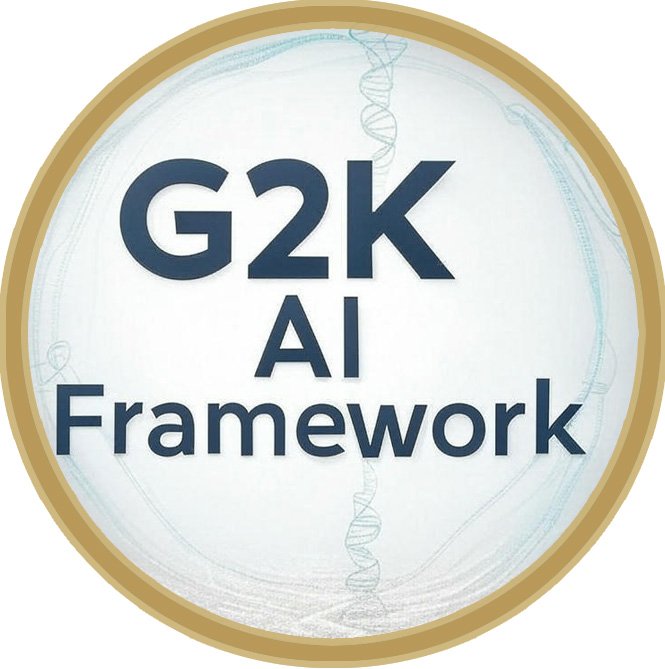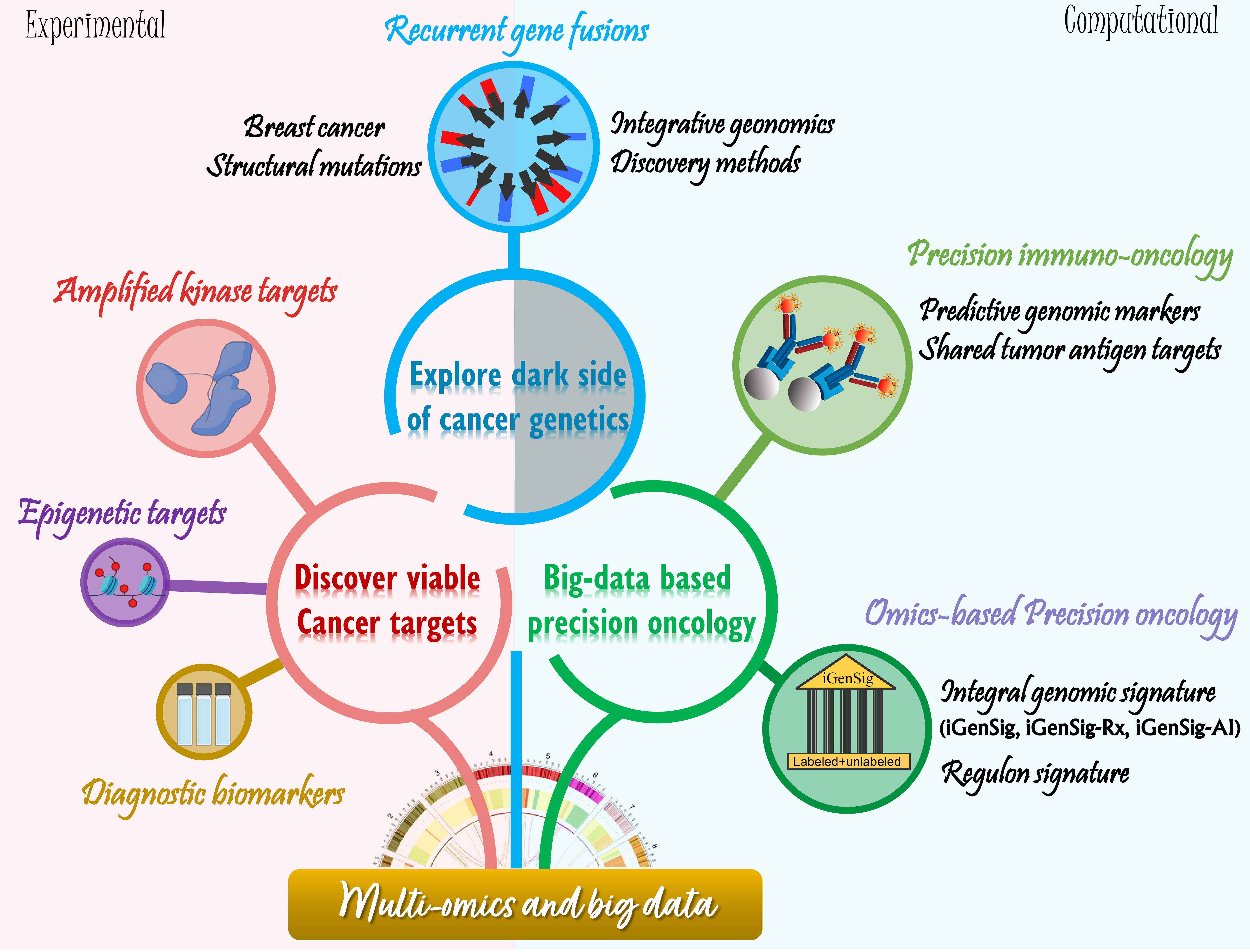Welcome to Wang Laboratory!
Previous
Next
The Demand of Low-Cost Genomics
The rapid advancement of multi-omics sequencing technologies and the completion of large cancer genome projects have produced an overwhelming amount of data, heralding new discoveries in cancer research and precision oncology. With the introduction of the UG100 sequencer, affordable $100 whole genome sequencing is on the horizon. These developments necessitate innovative and integrative computational and machine learning technologies to tackle the major challenges in cancer pathobiology, immunobiology, and therapeutics, and to fully realize the potential of precision oncology driven by big data.
Our Research:
Wang laboratory is a computational genomics, precision oncology, and translational cancer biology lab at UPMC Hillman Cancer, University of Pittsburgh. The mission of our lab is to apply a multiple disciplinary approach inclusive of computational genomics, artificial intellegence, cancer genetics, and translational cancer biology to explore the uncharted area of cancer genetics, discover viable cancer targets, and achieve precision oncology based on multi-omics sequencing. Our research program bridges the gap between computational and experimental methodologies in cancer pathobiology and precision oncology, to advance the frontiers of cancer science. Our primary focus lies in unraveling the uncharted area of cancer genetics, identifying actionable cancer targets and precision biomarkers, developing AI-backed genomics to knowledge tools, and advancing precision oncology and immuno-oncology based on multi-omics data.
Our Front-Line Projects:
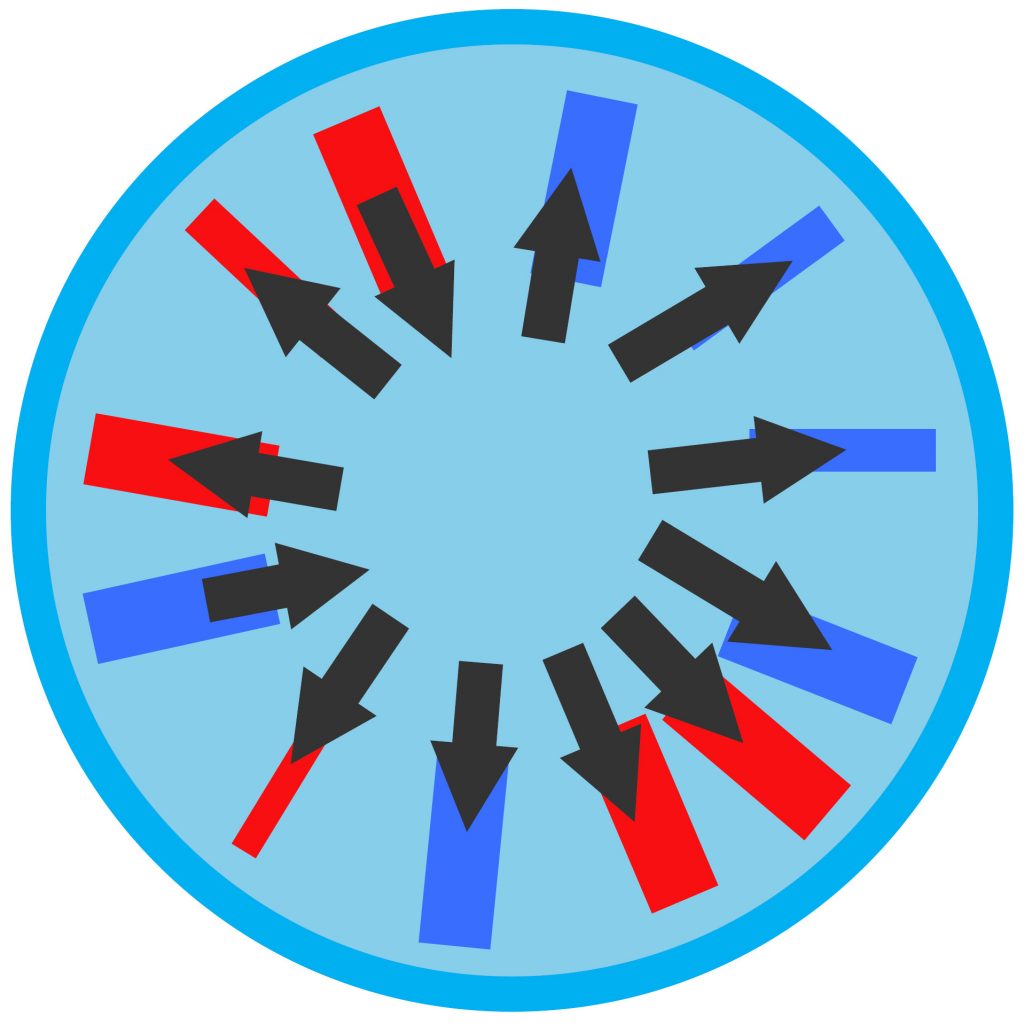
Precision Genetic Biomarkers for breast cancer: Through an integrative bioinformatics approach (Nature Biotech 2009, Cancer Discovery 2012), we identified ESR1-CCDC170, BCL2L14-ETV6, and RAD51AP1-DYRK4 as precision biomarkers for aggressive breast cancer subtypes matched with targeted therapies (Nature Commun., 2014, PNAS 2020, Clinical Cancer Res. 2020). To date, these are the only canonical gene fusions identified in common breast cancer forms. Our ongoing research aims to translate these findings into genotype-directed targeted therapies that could revolutionize the treatment of therapy-resistant and lethal breast cancer forms.
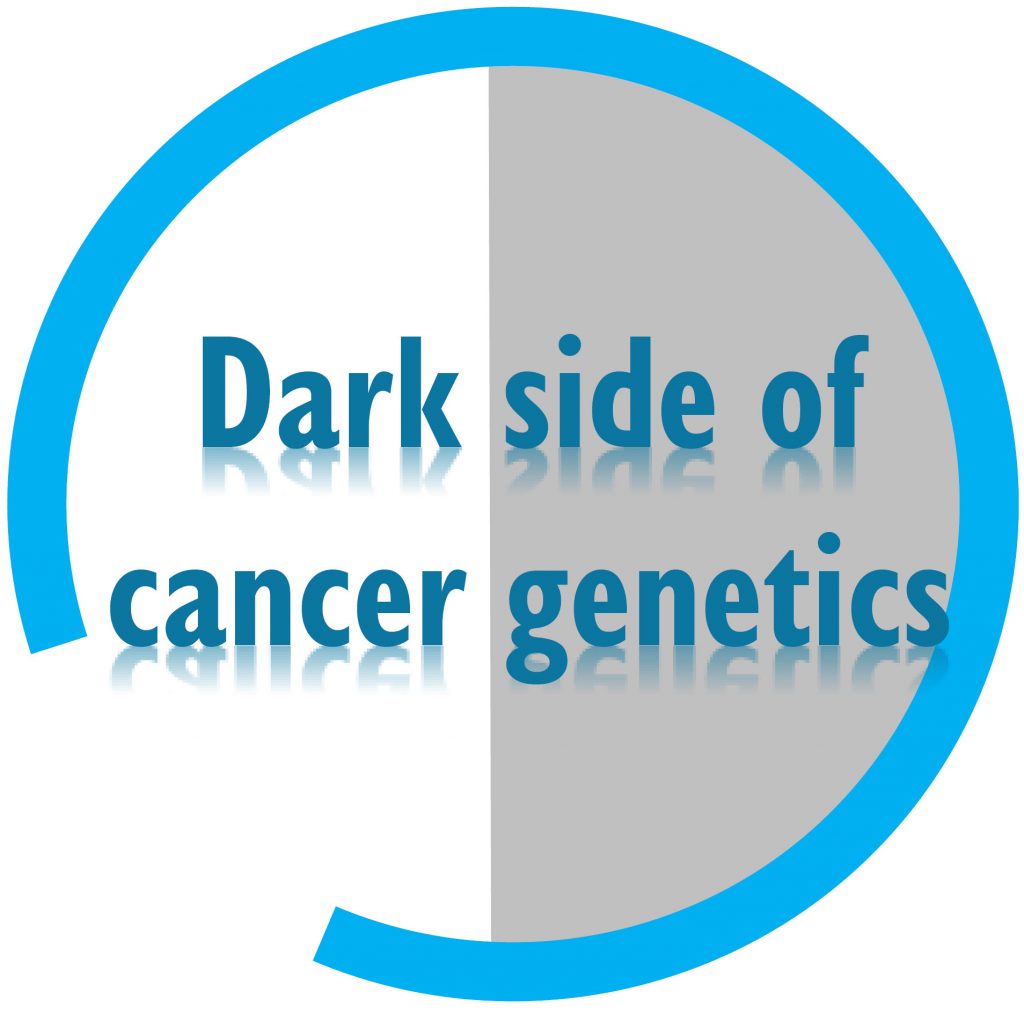
Revealing an Uncharted Area in Cancer Genetics: Our most recent research suggests that intragenic rearrangements (IGRs) as the dark matter of cancer genetics, could be one of the most frequent classes of genetic aberrations. We have consistently identified recurrent IGRs across various cancer types, which could substantially enhance next-generation sequencing (NGS) panels in precision oncology. Supported by DOD Breakthrough Awards, we are exploring the oncogenic roles of these IGRs in breast cancer progression, therapy resistance, and immune evasion
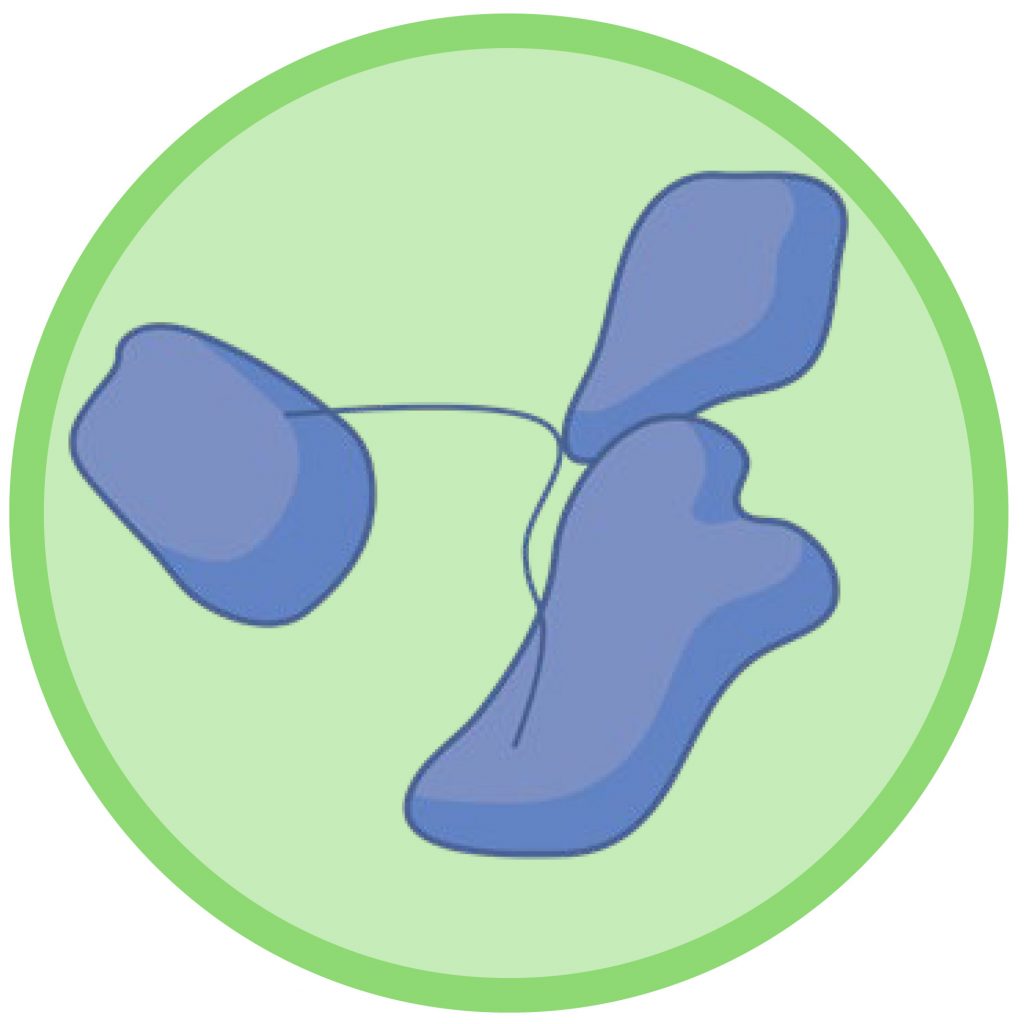
Discover actionable kinase targets for cancer precision therapy: our laboratory has characterized two amplified kinase targets in breast cancer, TLK2 and NLK. We have conducted mechanistic studies and preclinical trials on their kinase inhibitors, as published in Nature Communications (2016) and Clinical Cancer Research (2021). Currently, we are investigating novel structural mutations of actionable kinases that could play a crucial role in driving cancer recurrence and therapy-resistance in breast and ovarian cancers.
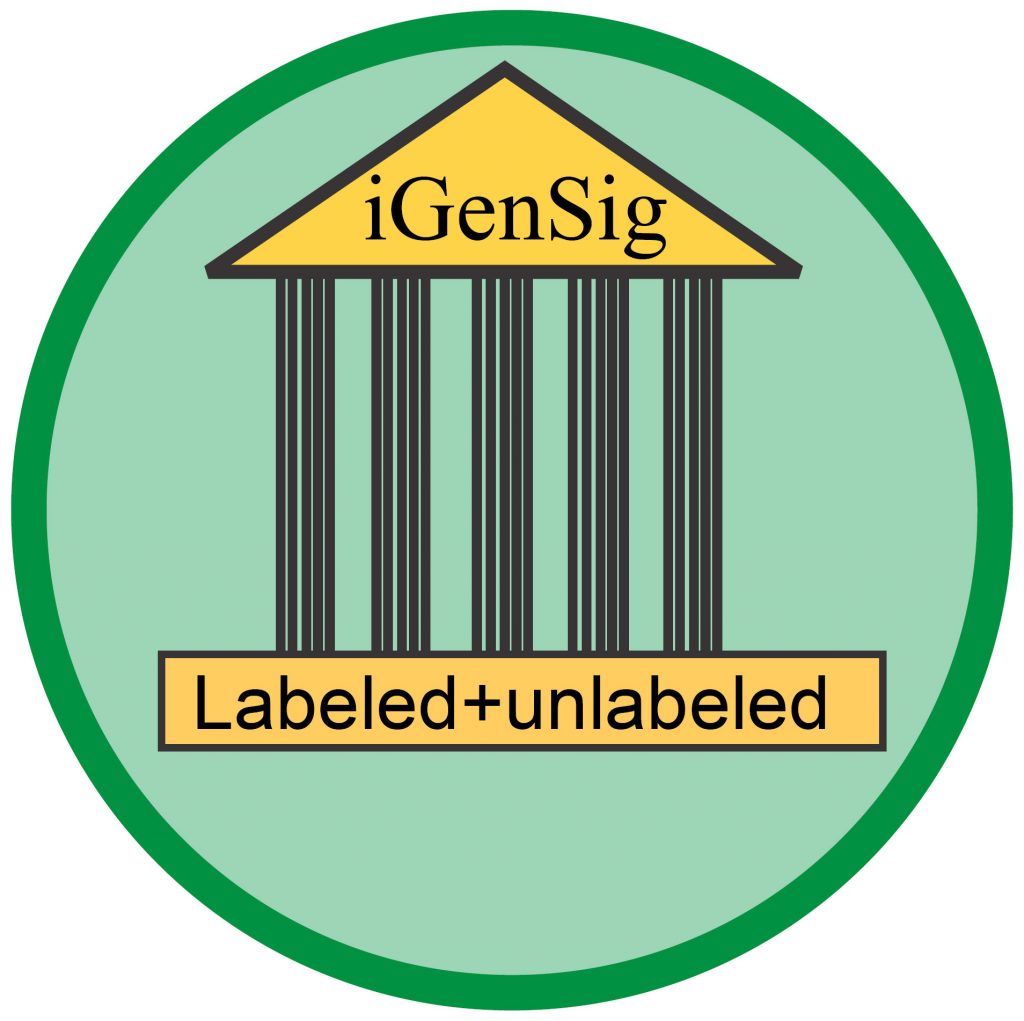
Integral Genomic Signature-based Precision Oncology Modeling: We developed a novel class of machine learning methods tailored for multi-OMIC data, known as “integral genomic signature analysis,” which predicts responses to targeted therapy and chemotherapy (Nature Commun., 2022). We are now advancing this with iGenSig-AI, a mechanism-driven AI model that combines integral genomic signature analysis with artificial intelligence. This technology can perform in silico drug screening to identify the most effective drugs for individualized cancer therapy.
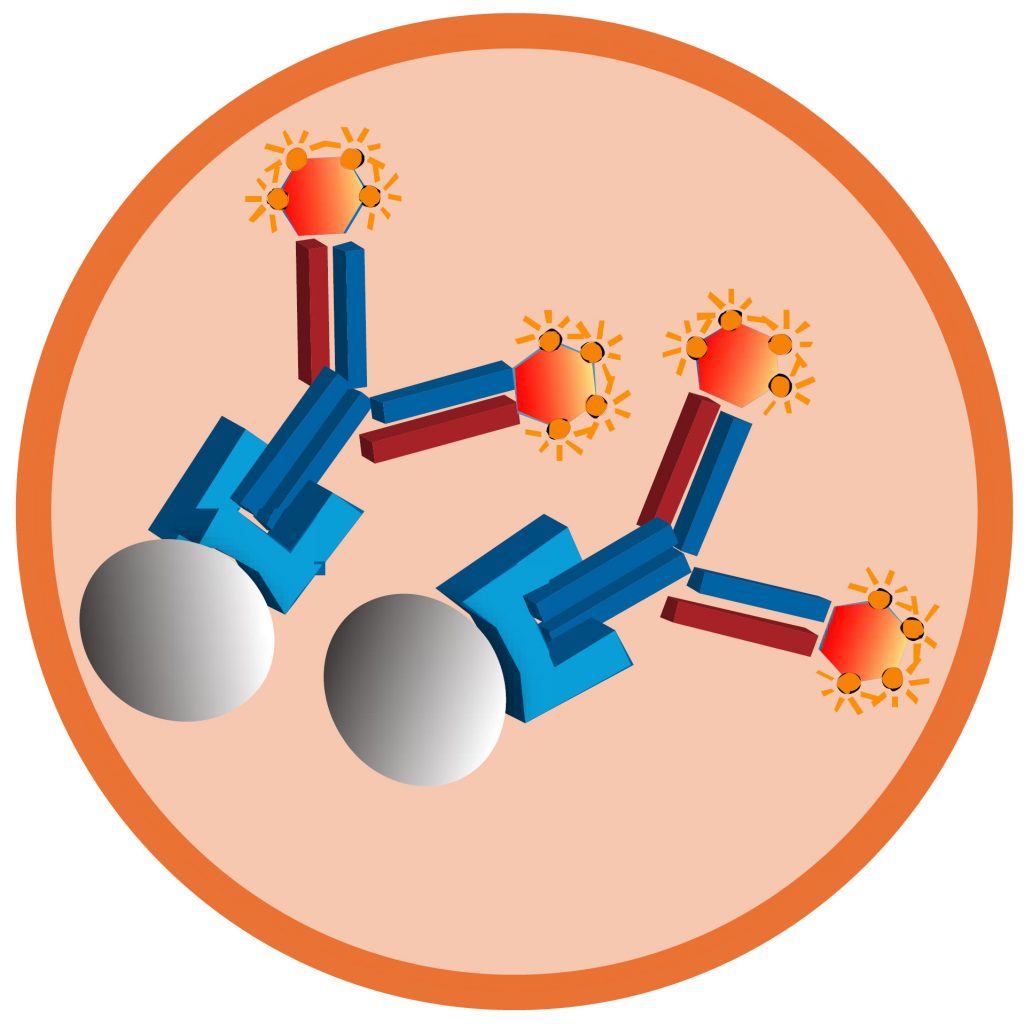
Precision Genomic Markers for Immuno-Oncology: We are advancing the development of precision genomic biomarkers to predict responses to immune checkpoint blockade (ICB) in tumors characterized by low tumor mutation burden (TMB) and low PD-L1 expression. One such genomic marker, intragenic rearrangement burden (IRB), has shown promise in predicting ICB efficacy in TMB-low infiltrated tumor entities (Cancer Immunology Res., 2024). Funded by a DOD Breakthrough Award, we are developing a WGS-based IGR burden assay for predicting ICB response in triple-negative breast cancer (TNBC).
